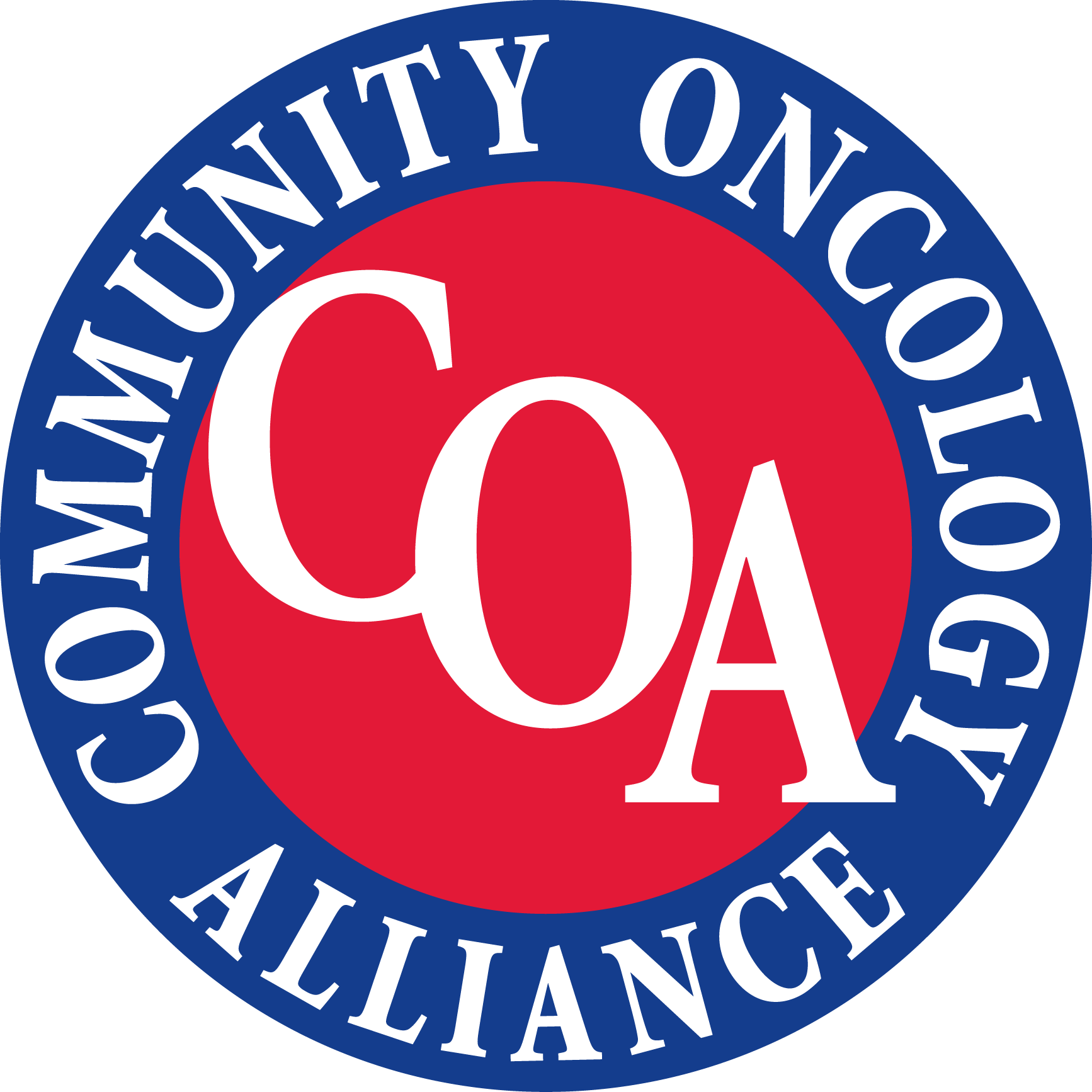
AMA President Blasts Payers’ Response to Cyberattack

As pressure from the Biden administration on UnitedHealth Group increases, physicians' groups weigh in following the unprecedented hack on Change Healthcare.
More than 3 weeks after a cyberattack on the nation’s largest processor of medical claims, the White House is demanding that UnitedHealth Group (UHG) do more to stabilize the health system as doctors, hospitals, and health care groups say the lack of cash flow threatens their ability to care for patients.
Meanwhile, the American Medical Association, the nation’s largest group representing physicians, sounded off Thursday on what it sees as a tepid response from insurers.
Mike Tuffin, president and CEO of AHIP, which represents health plans, said its members were prioritizing “alternative payment processes to ensure timeliness in reimbursement,” which prompted AMA President Jesse M. Ehrenfeld, MD, MPH, to blast the AHIP statement as “business as usual” on prior authorization, which requires insurers to sign off on certain services and most prescriptions before they are filled.
“It is dumbfounding that following weeks of silence and a lack of assistance to struggling practices in the wake of the Change Healthcare cyberattack, AHIP’s response is a ‘business as usual’ approach to prior authorization,” Ehrenfeld said in the emailed statement.
“This approach is particularly galling since service outages have exacerbated the administrative burdens and care delays already associated with this process. Prioritizing profits over the stability and solvency of our care delivery system starkly contrasts with the Biden Administration’s appeal to health plans to ‘meet the moment.’”
The current crisis is described by the American Hospital Association as the worst ever in the healthcare sector. It
Independent medical practices, including community oncology providers, are especially hard hit by the payment delays, with the Community Oncology Alliance (COA) saying the event constitutes an emergency on top of ongoing reimbursement challenges.
"We are witnessing a disaster unfold in real time. The cyberattack on Change Healthcare is not just an inconvenience—it's a direct threat to the livelihood of community oncology practices and the well-being of patients with cancer,” said Ted Okon, executive director of COA. “The government must step in immediately with concrete measures to mitigate this crisis impacting both practices and the patients they serve. This is the closest event to a public health emergency we have seen since COVID."
Reuters
And on Wednesday, HHS’ Office of Civil Rights followed up by opening an investigation into whether Change Healthcare complied with the federal law protecting patient data,
Specifically, HHS will focus on whether Change Healthcare or UnitedHealth Group violated the Health Insurance Portability and Accountability Act (the law known as HIPAA). “Given the unprecedented magnitude of this cyberattack, and in the best interest of patients and health care providers, OCR is initiating an investigation into this incident,” the health department said in a
The actions follow Sunday’s
Specifically, CMS asked insurers and pharmacy benefit managers to ease prior authorization restrictions in both Medicare and Medicaid and offered instructions to its Medicare Administrative Contractors to speed payments to Medicare Part A providers while advancing payments to Part B providers and suppliers.
The AMA statement Thursday noted that one function of the Change Healthcare clearinghouse is to administer prior authorization, which the group said, “is used to deny necessary care.”
COA said the incident has threatened “the fragile ecosystem” of reimbursement, which threatens not only patient care but also practice sustainability. “The inability to process claims is choking the cash flow that is the lifeblood of practices, threatening their ability to provide care, pay staff salaries, and maintain operations,” Okon said.
Among other steps, Okon called on CMS to allow providers to switch to alternative clearinghouses without the normal 21-day approval period.
Some practices are developing their own solutions. Florida Cancer Specialists & Research Institute, which operates 100 separate care sites, announced March 8 it had stood up a new system to process claims and prescriptions through its management services corporation, Core Ventures. There was no time to waste for a practice where medical oncology spending is estimated at $300 million each month.
“The stakes are undeniably high,” Nathan H. Walcker, MBA, the practice’s CEO,
FCS’ statement described how the practice and its Core Ventures subsidiary worked with partner Unlimited Systems, which provides its revenue cycle platform, to activate a new medical claims pathway, called Availity.
“As a result of swift, collaborative action, FCS and Core Ventures accelerated delivery of the full-scale Availity pathway for the benefit of specialty healthcare providers across the country who rely on our practice management application to drive reimbursement,” Brian Gockerman, Unlimited Systems CEO, said in the statement.
Ron Southwick of Chief Healthcare Executive®, an MJH Life Sciences® brand, contributed to this report.
Newsletter
Stay ahead of policy, cost, and value—subscribe to AJMC for expert insights at the intersection of clinical care and health economics.









